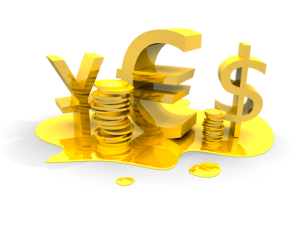When determining the value of a business, there are three basic approaches that can be used to determine the fair market value. These three approaches are the underlying asset approach, the market comparable approach, and the income approach.
The underlying asset approach is a technique in which the assets of the business determine how much it is worth. The assets being valued are both tangible and intangible which means they are considered in the valuation regardless of whether or not they show up on the balance sheet. The final value of the business is determined by a simple formula: Assets – Liabilities = Value of the Business.
Another common method of valuing a firm is the market comparable approach. This is where one compares a business to publicly held firms whose stock is trading. A value is derived by examining the public firm’s EV/EBITDA or EV/Revenue multiples and applying a similar multiple to the non-public, target firm. (EV = Enterprise Value and EBITDA = Earnings Before Interest Taxes, Depreciation and Amortization)
The third way of valuing a company is the income approach. The income approach is based on the company’s potential earnings in the future. The most common way of doing this is by using the discounted cash flow method. The discounted cash flow method (DCF) is where one projects the cash flows that the business will generate and then discount these returns to their present value.
No matter which approach is used, the accuracy of the valuation will depend on the level of detail and depth of analysis that is used in deriving that valuation. It is important to ensure the accuracy of all inputs used in these valuation approaches as these inputs will ultimately impact the value calculation of the target company.
One final note on valuations; “paper” valuations are interesting and useful, but they may or may not be an indication of what a willing buyer may pay a willing seller. Versailles Group has sold a number of businesses for more than any “paper” valuation would have indicated. The key to achieving such a valuation is to have the right buyers and a strong auction.








